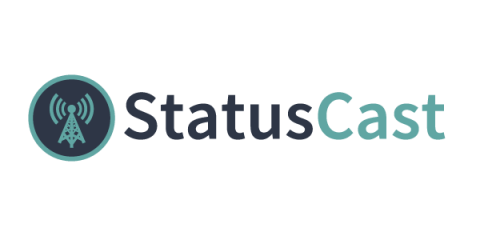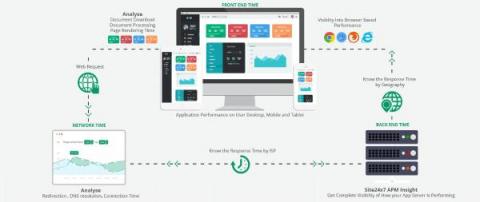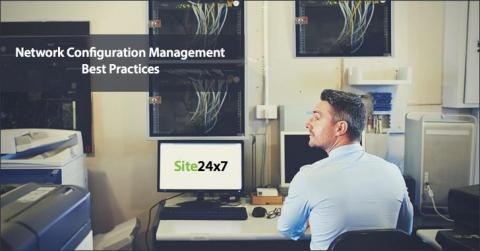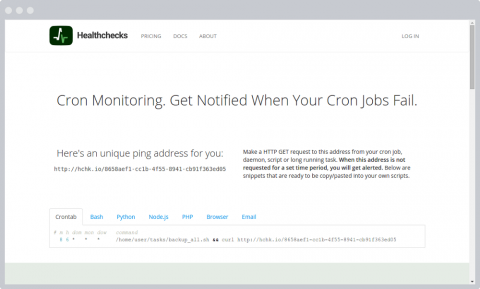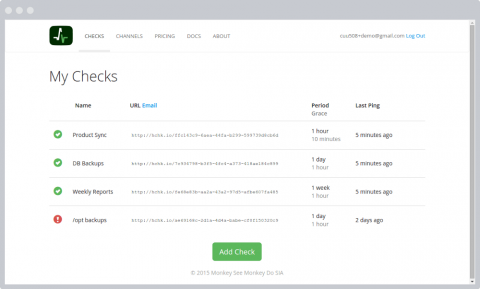Managing Application Uptime - Hosted Status Page vs DevOps Team
When your software goes down, there are two audiences that need to know about it. One: the people who are going to get frustrated and blame you for the inconvenience. Two: the people who can fix the problem. The first audience doesn’t need to know the details of the problem – they just need to know that you’re on top of fixing it, and how long they can expect to wait before full functionality is restored (insofar as you can make a realistic estimate about that).


